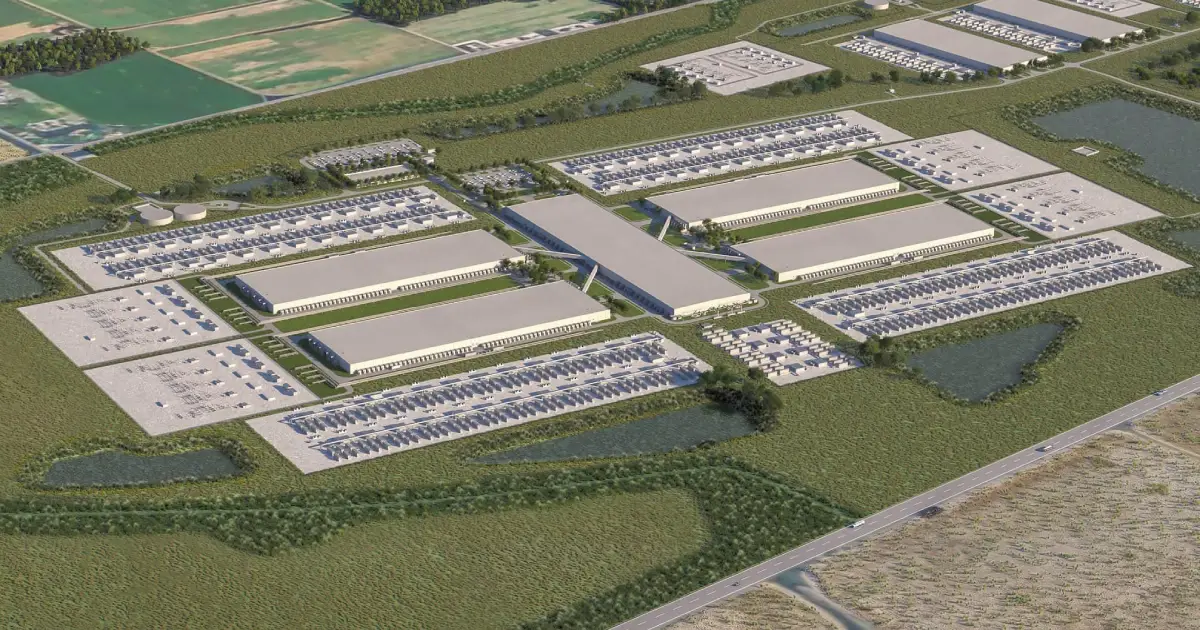Meta’s $10 billion Louisiana data center gets approval for gas power

Meta is moving ahead with plans to build its largest data center yet in Louisiana, but the project is sparking debate over how it will be powered. The social media giant signed a deal with utility Entergy to supply the facility with electricity from three large natural gas power plants. On Tuesday evening, Louisiana regulators approved Entergy’s proposal, clearing a major hurdle for the project.
The new plants, slated to begin operations in 2028 and 2029, will collectively generate 2.25 gigawatts of power. That output is substantial, but Meta’s artificial intelligence–driven data center may eventually require as much as 5 gigawatts as it expands. To put that in perspective, Louisiana’s entire electricity demand in recent years has averaged between 16 and 20 gigawatts at peak load.
Local Pushback and Industry Concerns
The deal has stirred controversy in the state. A coalition of major industrial companies—including Dow Chemical, Chevron, and ExxonMobil—has raised concerns that Meta and Entergy are being given favorable treatment. Their worry centers on a second phase of the project: a plan to build 1.5 gigawatts of solar power across Louisiana. These companies have struggled to secure renewable power for their own operations, and fear Meta’s agreement could put them at a disadvantage.
Meanwhile, some Louisiana Public Service Commission members are questioning the long-term costs. Meta’s agreement with Entergy will last 15 years, but the natural gas plants could operate for three decades or more. Once the contract ends, regulators warn that ordinary ratepayers could be left covering the costs of keeping the plants running.
The Union of Concerned Scientists echoed that concern, noting that large-scale power projects often go over budget, with consumers footing the bill. Ratepayers will also be responsible for a $550 million transmission line to carry electricity to the new data center.
Climate Goals in Conflict
Meta has aggressively promoted its renewable energy commitments, announcing a 100-megawatt clean power purchase earlier this week. But critics say the Louisiana project undermines those pledges. The natural gas plants will lock in decades of carbon dioxide emissions, making it harder for Meta to meet its 2030 net zero target.
To square the ledger, Meta will likely need to purchase carbon removal credits—an option climate experts argue does little to prevent ongoing emissions in the first place.
A Defining Test for Big Tech Energy Use
The Louisiana facility illustrates the growing tension between Big Tech’s AI ambitions and its climate promises. Training and running advanced AI systems requires vast amounts of electricity, often outpacing what renewable energy can provide in the short term.
For Louisiana, the decision also underscores a larger question: who ultimately pays for the infrastructure powering the next generation of digital technology—the tech giants building it, or the communities hosting them?





